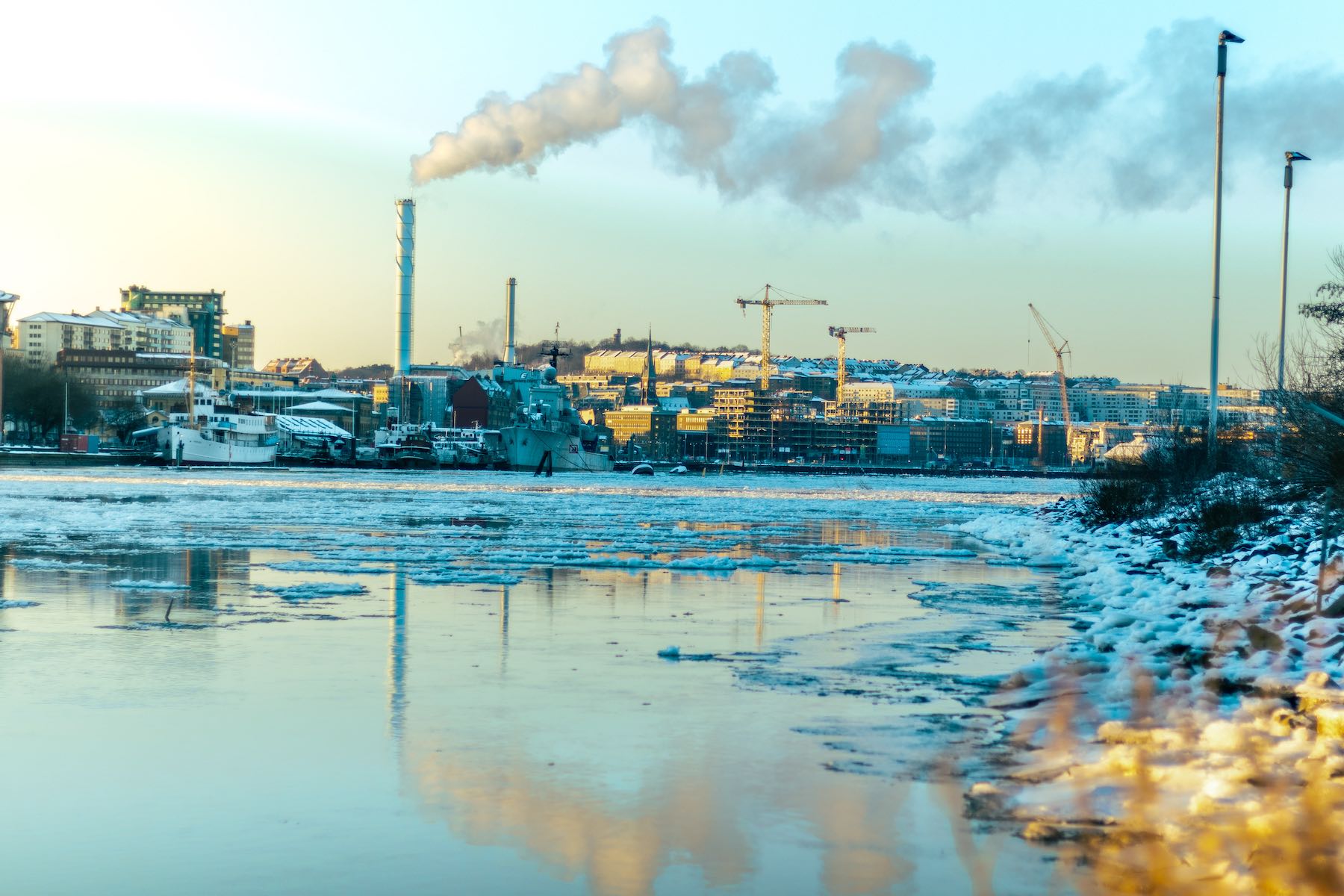To continue with my topic of environmental awareness, I will be talking about water pollution. When thinking of pollution, people will normally envision pollution occurring on land. Many pictures of mass pollution is usually seen on land, but this is not the case. Water pollution has been growing rapidly due to the increase issue of chemical and plastic use. Another issue that can result in this is incorrect garbage disposal and corroded water pipes.
Before we can discuss more about the effects, we have to know what water pollution is and how it occurs. Water pollution is when toxic substance enter the stream of aquatic environments and disrupts not only the water system, but the habitats within the water. Since the water in rivers and streams flow to bigger bodies of water, they can recover from the effects water pollution fairly well. But bigger bodies of water such as oceans, lakes, and ponds have a harder time recovering from this kind of pollution. 
When thinking of what causes water pollution, you might think of a scene similar to The Lorax where gooey black substances are dumped into the water supply through pipes that go into the water stream. While this could be true in some circumstances, there was a law passed called “The Clean Water Act” that establishes regulation against the disposal of pollutions into water streams. One of the main ways water pollution is caused is through “non-point source pollution”. These sources are more difficult to regulate and are harder to restrict through laws and acts. This can include fertilizers, pesticides, road salt, and many other things along these lines. Many of these source come from human activity. Indiana Department of Environmental Management explains the process of how these sources can contaminate water supply: “Rainwater and snowmelt picks up these contaminants as it washes over yards, sidewalks, driveways, parking lots, and fields and deposits them into Indiana’s lakes and streams as non point source pollution”.
Something to take into account along with the other factors above is the rapid increase in urbanization and how this can affect natural drainage systems to ensure safer and cleaner water. With less soluble soil, the runoff that goes into these bodies of water increases which can led to more flash flooding and a rise of water levels. Another result of this is the runoff picking up toxins from these surfaces in large urban areas that can potentially result in water pollution. 
According to ScienceDirect, “Cities occupy less than 3% of the Earth’s surface, but there is a significant population density , industries, and energy use, which results in environmental pollution”. To think about how little surface these urban areas take up, but they still make such a dent on the pollution that is occurring around us can be scary to think about. Our water supply isn’t endless and we need to take care of the quality of the water: not only for our sake, but for the countless species and niches that rely on the Earth’s water.
Sources:
https://www.in.gov/idem/nps/what-is-nonpoint-source-pollution/
https://www.sciencedirect.com/topics/earth-and-planetary-sciences/water-pollution
Water pollution is a very serious problem that needs to be addressed the same amount as land pollution. Since many people do not live near large masses of water, the impact can sometimes be forgotten or missed. People are not always aware of their personal impact, like using harmful fertilizer on their grass or salting their icy driveway. I really liked your blog because it educated the readers on what contributes to water pollution as well as how to prevent it. Water pollution is a big problem that animals and humans suffer from as a result. p.s I also loved the Lorax mention because I am one of his biggest fans.
One thing I recall from my AP Environmental Science class in high school was how difficult it is to clean up oil spills in the ocean. Most of these methods are either not 100 percent effective, or they’re costly. It’s also especially difficult to remove oil from all of the animals it has affected. However, one method that has been recently introduced was to use human hair to mop up oil spills in the ocean. Surprisingly, it’s been very effective, and may prove to be a better alternative to the other methods of cleaning up the spills. All in all, it’s a pretty tricky problem to approach, as you mentioned in this blog post.
My mom actually researches microplastics in freshwater sources, so aquatic pollution is definitely something that I am familiar with. A lot of what she is finding tracks with what you have said, especially when it comes to pollution travelling through the water cycle. She has found that runoff over empty water bottles or other plastic litter breaks off microplastics, which eventually make their way into streams and rivers and eventually the open ocean. I also really liked your reminder that we do not have an infinite supply of water, and that we need to take care of it. Good job!